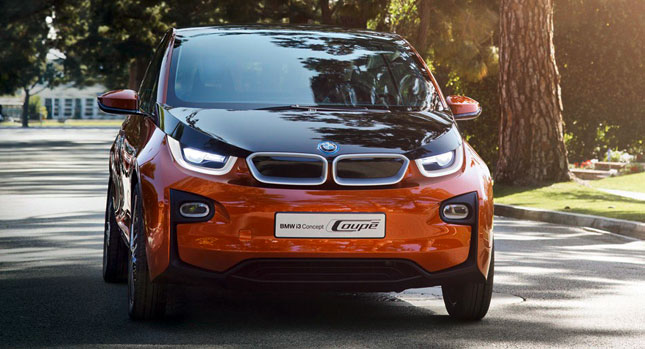BMW has about 100,000 reservations from people who want to test the i3 electric vehicle, sales boss Ian Robertson said. He added that the carmaker also has “significant numbers of deposits” for the car, declining to give the exact number. The interest for the i3 leads the executive to believe the car will be a game-changer in the sector.
“We are confident that with the i3 and i8 we will shift the needle because we will shape some of this technology” in the EV sector, Robertson said at the Automotive News Europe Congress today.
The i3 compact EV will be unveiled at the Frankfurt auto show in September and will go on sale before the end of the year. Robertson said the i3’s pricing will be in the same range as the 3-Series, which starts from €28,800 ($38,250) in Germany.
Despite the fact that EV manufacturers such as Fisker Automotive and charging infrastructure supplier Better Place have filed for bankruptcy, Robertson is adamant the i3 and i8 will be profitable during their life cycles. “It is an investment in a future agenda, and it’s an agenda where we think zero-emission vehicles have a very, very key part to play,” Robertson said.
BMW’s sales boss also believes that EVs have an interesting future ahead, as massive investments go into R&D for electric cars, especially for batteries. “In the next three to four years we’ll see more development of the batteries than we have in the last 100,” he said.
Developed as an electric vehicle from the start, the BMW i3 is powered by an electric motor producing 168 hp (170 PS/125 kW) and 250 Nm (184 lb-ft) of constant peak torque. Its lithium-ion battery offers a driving range from 60 to 90 miles (97 to 145 km), but BMW will also offer an optional two-cylinder engine generator that increases range to around 250 miles (400 km).
By Dan Mihalascu
Story References: Autonews
PHOTO GALLERY








